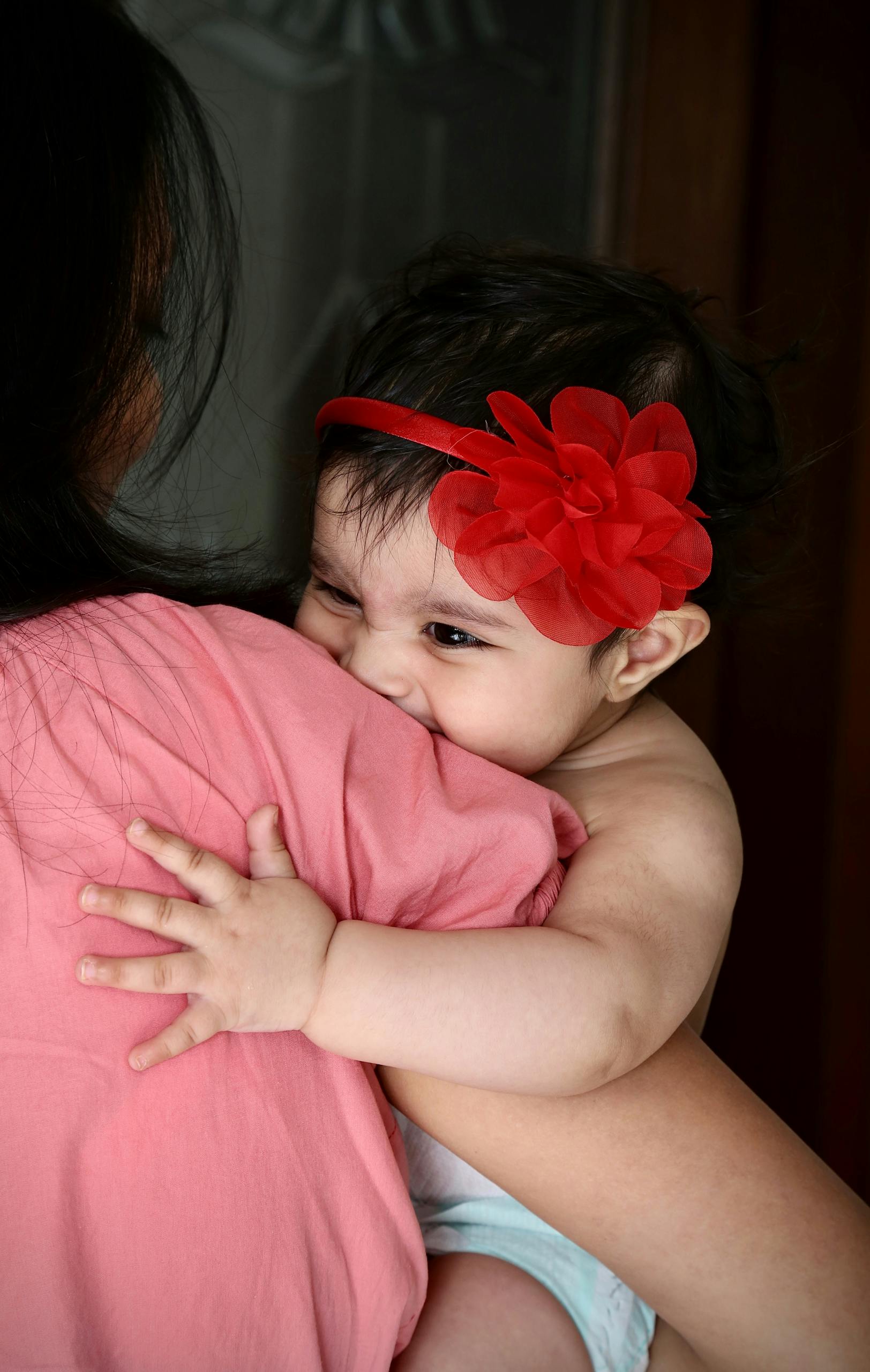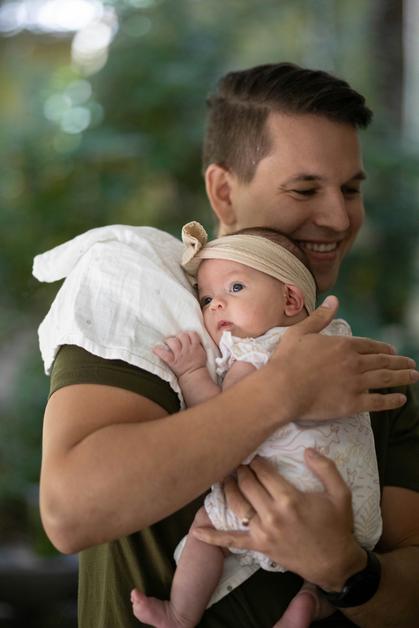Baby hiccups—curious and sometimes quirky, impossible to ignore when that tiny chest jumps and that unmistakable “hic” dances across the silence. Parents pause, wonder, and sometimes worry: Is this normal? Should something be done? Is there a hidden issue behind those repetitive little spasms? Such questions float through many nighttime nursery vigils. With baby hiccups, surprise often replaces certainty. What seems minor can become an endless preoccupation, looping with every feed and nap. Here, clarity replaces confusion as science, experience, and practical advice blend, all to support your confidence as a parent.
Understanding Baby Hiccups: Physiology and Prevalence
What exactly happens during baby hiccups? The answer traces back to the diaphragm, a dome-shaped muscle just beneath the lungs. When this muscle contracts involuntarily, it triggers an abrupt closure of the glottis (think of it as the gateway to the windpipe), producing the sharp “hic” sound. In babies, these spasms depend on more than just an occasional surprise. Babies’ nervous and digestive systems—the complex network of neurophysiological and gastrointestinal processes—are in constant development, which makes baby hiccups almost unavoidable in the first months of life.
Babies can start to experience hiccups even before birth, with some studies observing fetal hiccups as a possible exercise for muscle strength and lung preparation. Most often, baby hiccups are entirely painless, and more alarming for observers than for the infants themselves.
Still, what triggers these rhythmic contractions? In newborns, an immature nervous system increases their susceptibility. Feeding—whether by breast or bottle—frequently introduces aerophagia (the swallowing of air), particularly with fast, greedy gulps or a poor latch. Add in temperature shifts—like coming in from a chilly walk, or a cold milk feed—and the delicate diaphragm may suddenly contract.
Baby Hiccups vs. Other Infant Concerns
Not every spasm signals something benign. Parents often confuse baby hiccups with other issues—namely colic and infant reflux (gastroesophageal reflux, GER/GERD). Each presents differently:
- Baby hiccups: Short-lived, rhythmic, generally without distress.
- Colic: Intense crying bouts, stiffening, balled-up fists—lasting for hours, especially in the evening.
- Reflux: Marked by frequent spit-ups, discomfort during or after meals, and sometimes forceful arching of the back.
Understanding these differences—sometimes subtle—can spare undue anxiety and ensure prompt recognition of symptoms needing medical input, especially where persistent or blood-tinged vomiting, feeding refusal, or breathing difficulty is involved.
Baby Hiccups and Feeding Techniques
Feeding is prime time for the onset of baby hiccups. Why? Because babies who feed rapidly or take in air are more likely to provoke their sensitive diaphragms into action. Whether breastfeeding or bottle feeding, the mechanics are similar: a strong, secure latch reduces air swallow, while a slow-flow nipple helps bottle-fed babies manage their intake.
Burping becomes more than habit—it becomes prevention and relief. Gently halting feeds midway and afterward to expel trapped air can make the difference. Parents often discover that a quiet, calm environment reduces frantic sucking and, with it, unnecessary aerophagia.
Some parents might notice their infant hiccupping in sleep. As long as baby remains peaceful and oxygenation (lips and skin retain their healthy color) is unaffected, worry is misplaced—most baby hiccups during sleep are non-disruptive.
Strategies to Prevent Baby Hiccups
While eliminating baby hiccups entirely may prove impossible, specific strategies have shown benefit in reducing frequency or severity:
- Paced feeding in a calm setting: Letting babies nurse or take their bottles at a gentle pace, nurturing but not rushing the meal.
- Routine burping: Not only after, but also during feeds—a proactive step for the frequently hiccup-prone.
- Upright positioning: Both during and after feeds, holding your baby nearly vertical for 20–30 minutes can reduce gastric distension (overfilling the stomach, which presses up on the diaphragm).
- Consistent temperature: Avoid abrupt exposure to cold environments or chilled milk, especially when the baby seems particularly sensitive.
- Specialized anti-colic bottles: With built-in vents or unique nipples, these bottles can curtail the baby’s intake of excess air.
- Gentle handling post-feed: Resist the temptation for energetic play or bouncing immediately after mealtime, giving digestion a peaceful head start.
Safe Remedies and Common Pitfalls
Most cases of baby hiccups require nothing more than patience. But when hiccups linger, or seem to irritate the baby, practical measures include:
- Changing position: Upright holding, with gentle pats on the back, can sometimes relieve the spasm.
- Offering a pacifier: Non-nutritive sucking (simply sucking without swallowing large amounts of milk or air) helps regulate diaphragmatic movement.
- Soothing touch: Soft back rubs or rocking encourage overall relaxation.
Importantly, some well-intended interventions do more harm than good. Never attempt to startle your baby, place pressure on their soft spot, or administer home concoctions like sugary water or herbal remedies. Scientific backing for such methods is lacking, and potential risks (especially in fragile neonates) outweigh any conceivable benefit. Water, for instance, can disturb the delicate salt balance in infants under six months and should be avoided unless specifically advised by a healthcare provider.
When Baby Hiccups Warrant Concern
The sight or sound of baby hiccups, though common, can sometimes mask underlying pathology, particularly when accompanied by red flags:
- Cyanosis—bluish coloration of the lips or skin.
- Intense, persistent vomiting or feeding difficulties.
- Episodes exceeding two hours, or hiccups that interrupt feeds and sleep repeatedly.
- Signs of reflux: frequent projectile spit-ups, persistent irritability, or notable back-arching.
In these moments, trust your observations. Physicians may discuss feeding routines, observe latching in action, or explore for possible gastrointestinal or neuromuscular issues—rare but important to consider.
Reassurance and Parental Well-Being
It’s worth repeating: almost all baby hiccups are a benign feature of early life, more noticeable than harmful. Your attentive care—burping, upright positioning, gentle feeding—forms the bulk of what medicine itself would recommend. Yet the emotional aspect shouldn’t be underestimated. Anxiety is an ever-present undercurrent, made sharper by inconsistent advice or alarming anecdotes. Discuss concerns with your pediatrician, consult a lactation expert, or even connect with parent groups for support and perspective. As you grow in confidence, the hiccups become not a riddle, but another note in the larger song of healthy development.
Key Takeaways
- Baby hiccups are part of normal infant physiology—caused by involuntary diaphragm contractions, often linked to feeding and immature nerves.
- Implement slow, gentle feeding; maintain upright positions; burp regularly—these practical steps help minimize their occurrence.
- Avoid unproven or hazardous “cures.” Refrain from startling, pressing on fontanelles, or using non-recommended liquids or remedies.
- Monitor for unusual symptoms: blue lips, unrelenting distress, persistent vomiting, or disrupted feeding. These situations merit prompt medical advice.
- Resources exist to support you—consultation with healthcare professionals is welcome, not a last resort.
- For free health tools, personalized advice, and practical child health questionnaires, explore the Heloa app. Comprehensive, reassuring, and always at your fingertips.
Questions Parents Ask
Can a baby sleep with hiccups, or should I intervene?
It’s reassuring to know that most babies sleep peacefully through hiccups without any discomfort. Hiccups are rarely disruptive and tend not to wake or bother infants during rest. You don’t need to wake your baby or intervene if they are calm and breathing comfortably. If your little one seems truly bothered or struggles to settle, holding them upright for a moment or gently burping might bring some relief. Trust your instincts—if your baby appears content, there’s no need to worry.
How long do baby hiccups usually last?
Baby hiccups often last only a few minutes, but it’s not unusual for them to persist up to 10 or 15 minutes at a time. While the rhythmic sound and motion may seem surprising, hiccups typically end on their own. In most cases, your baby isn’t distressed by these episodes. If hiccups continue for a notably long period, or seem frequent and troublesome, don’t hesitate to reach out to your healthcare provider for reassurance.
When should I be concerned about my baby’s hiccups?
While hiccups are generally a normal part of infancy, il est important d’observer certains signes pour la tranquillité de votre esprit. If you notice your baby seems uncomfortable, their hiccups repeatedly interrupt feeding or sleeping, or you see unusual symptoms such as persistent vomiting, changes in skin color (blue lips or face), or recurrent distress, it’s wise to seek advice from your pediatrician. Rassurez-vous, most hiccups are benign, but your vigilance is always valuable.
Further reading:









